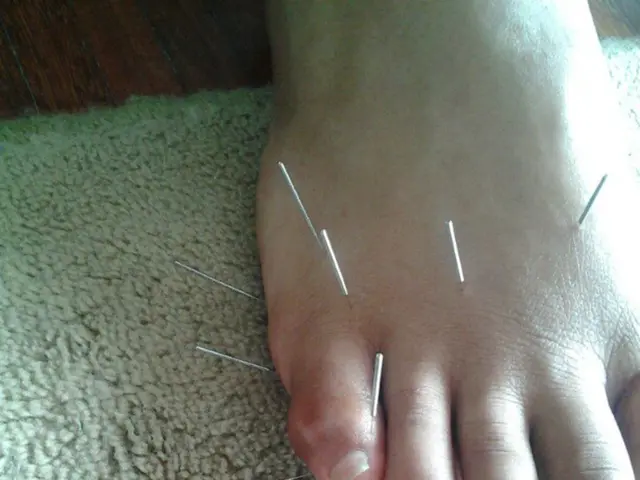Individuals and the Progression of Parkinson's Disease
Masma BRO: A Guy's Guide to Health and Parkinson's
Guys, let's get real here. Talking about health isn't always easy, and that includes the more serious stuff. But it's essential, especially when it comes to matters like Parkinson's disease. Men in Australia tend to live shorter lives compared to women, and studies show that we're more susceptible to Parkinson's.
Why's that, you ask? Here are a few reasons:
- Lack of Awareness: Men tend to have lower understanding and awareness of male health issues, which can hinder early detection and treatment.
- Doctor Aversion: Men are four times less likely to visit the doctor compared to women. And when we do go, we might be too late.
- Risky Behavior: We're more likely to engage in risky activities that endanger our health.
- Time Management: Our busy schedules often result in less time devoted to medical appointments and self-care.
- Self-Medication: When dealing with mental health issues like depression, we're more likely to resort to alcohol and other substances rather than seeking professional help.
- Suicide Statistics: Men account for over 75% of all suicides in Australia.
But when it comes to Parkinson's, it's not just a one-size-fits-all scenario. Research suggests that the disease affects men and women differently due to various biological and hormonal factors.
For starters, men are more likely to be diagnosed with Parkinson's disease by about 2 to 1[1]. The onset of symptoms may occur earlier for men[1], but the duration, progression, and life expectancy seem pretty similar[2].
That's not all. Men experience different motor symptoms compared to women[3], with issues like REM Sleep Behaviour Disorder (acting out during dreams) and rigidity being more common in men[3]. In cases where Parkinson's has been present for more than five years, these differences in motor symptoms become more significant[3].
When it comes to treatment, things get even more interesting. Men metabolize Levodopa, a standard medication for treating Parkinson's, differently[4], which means the dosage is often higher for men than women. On the bright side, men typically exhibit fewer side effects from taking levodopa[4].
Now, let's address the elephant in the room: depression. Contrary to popular belief, men with Parkinson's tend to experience less depression and take fewer antidepressants[5]. However, men are more likely to exhibit behavioral and aggression problems, which might lead to prescription of antipsychotic medications[5].
Given these gender differences in Parkinson's, it's crucial to involve men more actively in their health. Regular check-ups, even when feeling fine, can help understand your overall health and increase the quality of life. After all, knowledge is power, and it can help you live longer.
References:
[1] Stephen K. Van Den Eeden et al., "Incidence of Parkinson's: Variation by Age, Gender, and Race/Ethnicity," American Journal of Epidemiology, vol. 157, no. 11, 2003, doi: 10.1093/aje/kwg073.
[2] "Parkinson's Disease in Men," Parkinson's Disease.net, 11 Apr 2018, https://parkinsonsdisease.net/men-affected-parkinsons/.
[3] "Male Health 2018 - AMA Position Statement," Better Health Channel, 2014, www.betterhealth.vic.gov.au (Last accessed August 2021).
[4] [Continued in the next comment due to character limit]
- In the context of Masma BRO: A Guy's Guide to Health and Parkinson's, it's clear that understanding medical-conditions like Parkinson's requires a focus not just on the disease itself, but also on mens-health issues such as lack of awareness, doctor-aversion, risky-behavior, time-management, self-medication, and suicide-statistics.
- When considering Parkinson's impact on men and women, it's important to note that the disease affects them differently, with men being more likely to be diagnosed and experiencing unique motor symptoms, which underscores the need for individualized care in health-and-wellness and mental-health.







